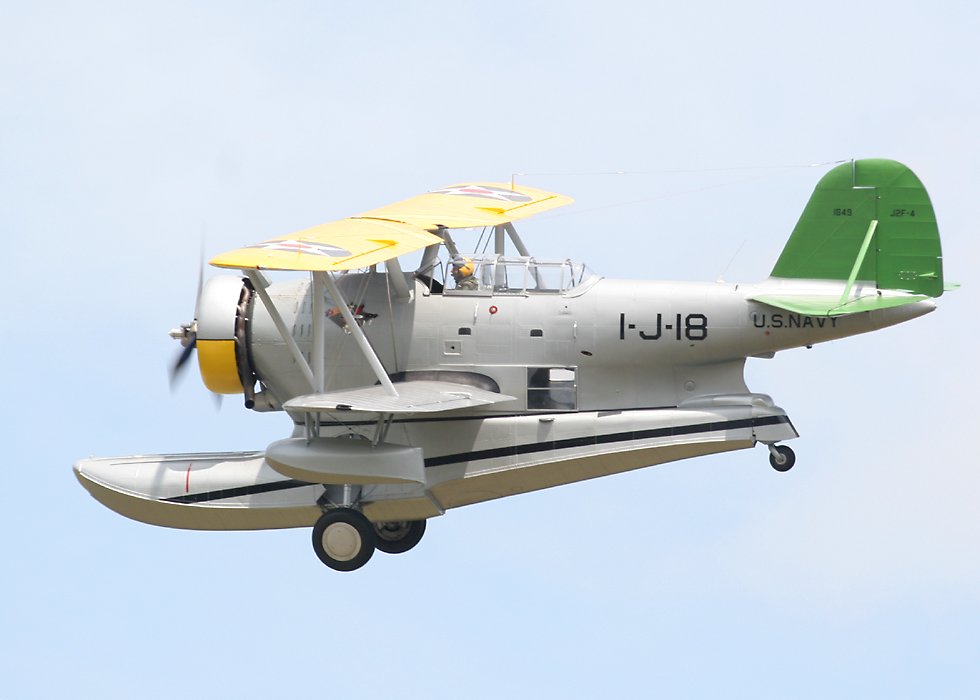How serious was Leopold von Hohenzollern's claim to the Spanish throne in 1868?
Valid. It wasn't that he had a much of a claim, but that he was conveniently Catholic and fairly important with a few marriage ties into other arms of the extended House of Bourbon. The elements of the military that controlled Madrid would've been happy to have him if, you know, it could've been done with a minimum of fuss from anybody else.
Although I think you're looking for 1870, there. 1868 was the year the revolution happened, but Prim and his cohorts weren't anywhere close to making a decision about monarchs for a few years (political survival being of more interest than a figurehead king).
Was Prussia interested in overriding the French objection?
No. Bismarck seems to have put the whole thing through to test the waters, as it were, and see how Napoleon III was planning his foreign policy. It was a tactical gambit; if he had succeeded in his little
fait accompli without the French knowing until the Spanish junta had already announced their acceptance of his candidacy, there would've been a Hohenzollern (not really a Prussian; he was from Sigmaringen, and was therefore a dirty Swabian) on the Spanish throne for a few years until he was kicked out (just like Amadeo I was). Or, if he stayed on the throne, there's basically no way he would've influenced Spanish policy to the degree that Spain would be willing to enter into some kind of alliance with Prussia/Germany against France. This was 1870, not 1470, after all.
The whole crisis came about not because Bismarck wanted to press the issue - he didn't, not really, and Leopold's candidacy was withdrawn very quickly - but because the French decided to see how far they could push the Prussians, for various reasons. Ollivier wanted to cement his hold on the government; Gramont wanted to one-up Bismarck (and then, as the crisis metamorphosed, two-up); Napoleon III was ever-conscious of his plebiscitary numbers, believed that the French army was finally recovered from the Mexican imbroglio, and figured that any way this crisis ended up - Prussian humiliation or war - would end up a French victory of one sort or another. Hence the second push, Benedetti's visit to Wilhelm at Ems (the equivalent of an ambassador walking in on a modern-day president while she's on the toilet), and the rest of that awfully well-known story.
Well what I'm trying to learn is whether the claim was for giggles or whether a Prussian king of Spain was within the realm of possibility.
Within the realm of possibility. (Although, again, Leopold was not in any meaningful sense "Prussian". He was from the black-sheep branch of the family from south Germany. The only reason Bismarck and Wilhelm were making decisions about whether he should put his name in the hat was because Wilhelm was the formal head of the family.) Probably wouldn't have mattered all that much for Spanish internal history.


